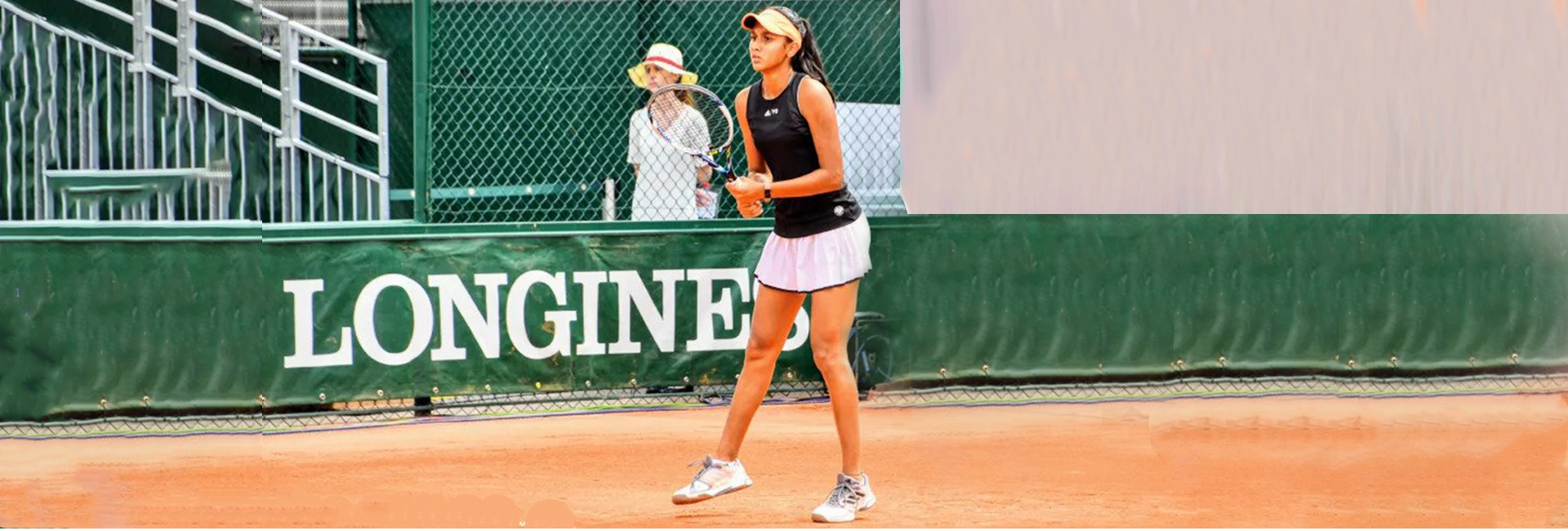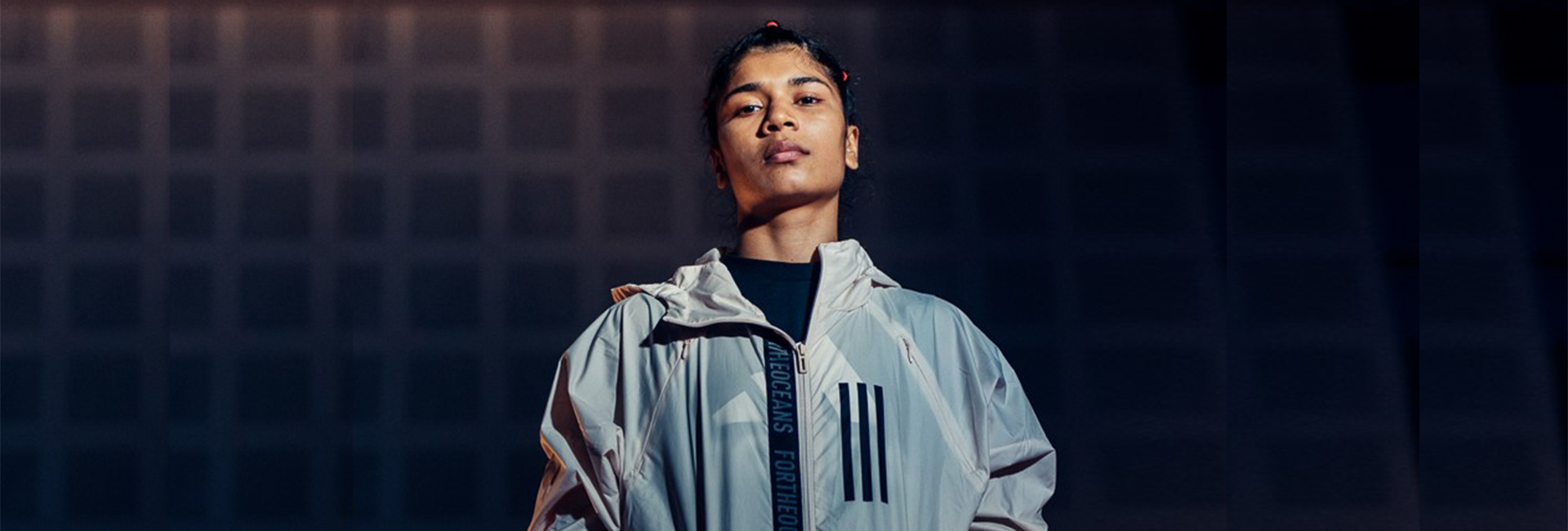(December 22, 2022) Shrivalli Rashmikaa Bhamidipaty, who was crowned the national hardcourt tennis champion (women’s singles) 2021, was 11 when she first held a tennis racket in her hand. Calling herself an “accidental” tennis player, Shrivalli was introduced to the game at the Lal Bahadur stadium in Hyderabad. “I was just 11 years old and frankly, I only noticed the clothes of the kids who were playing at the stadium,” laughs the 20-year-old tennis star during an interview with Global Indian. “I told my father that I wanted to play because I also wanted to wear those clothes,” she adds.
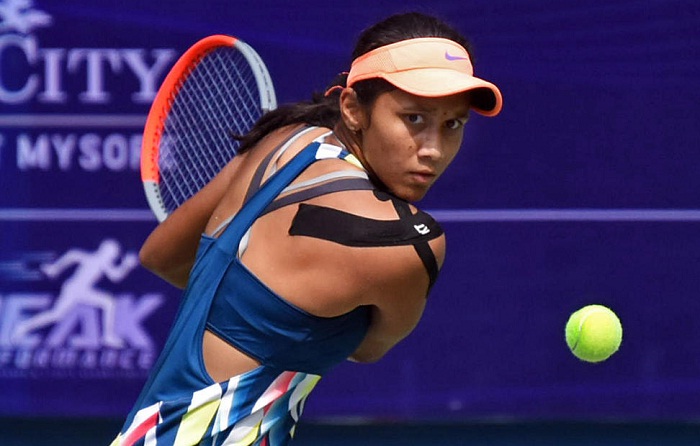
Shrivalli Rashmikaa Bhamidipaty, tennis player
However, Shrivalli has come a long way since then. The right-handed tennis star, recently recorded twin victories as she entered the singles quarterfinals and doubles semi-finals of the Balaji Amines Solapur Open Women’s ITF $25K Tennis Tournament held in Solapur. The player is currently doing her degree at St. Francis College for Women, Hyderabad, has also won numerous titles, including ITF Women’s (doubles) $15000 – 2022 held in Gurugram. She was also a semi-finalist at the ITF Women’s (singles) $15000 – 2022, Ahmedabad.
Making of a champion
Born to two sports players – her father being a cricketer and mother a national-level basketball player – Shrivalli was always encouraged to play sports. “I was a very active child, mostly because my parents were into outdoor activities. My father, especially, is a sports freak. He encouraged me to pick up an extra-curricular activity in school,” shares the tennis star, who is also a trained Carnatic singer.
While she took part in various sports, including swimming and roller skating, tennis was her ‘one true love’. And once she started training, it did not take the coaches at the LB stadium much time to realise that Shrivalli was a gifted player.
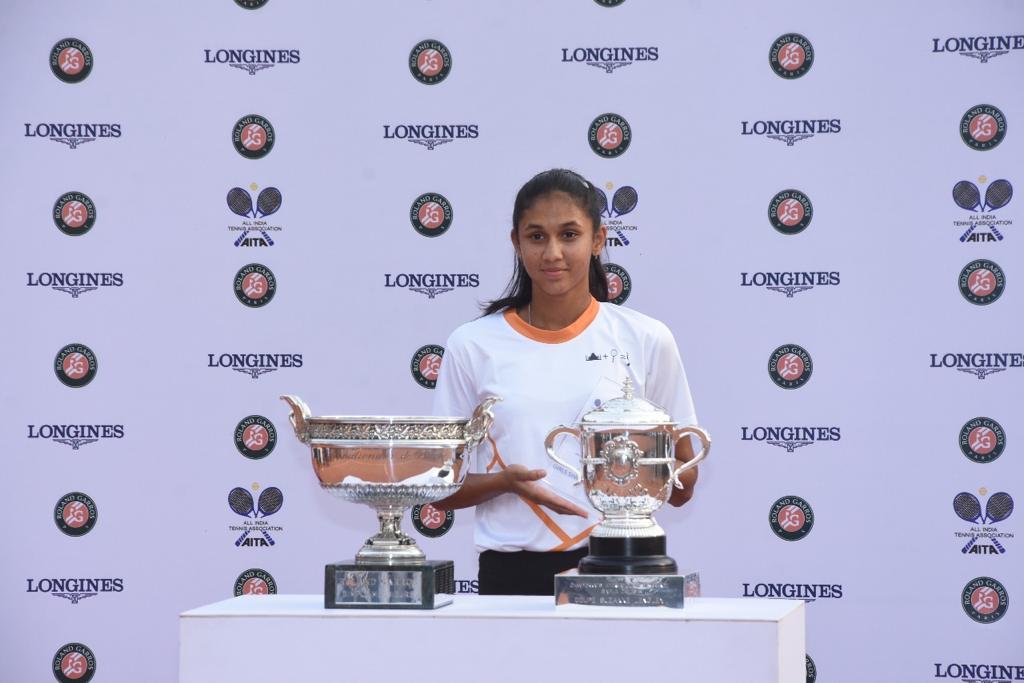

“For the first year, I went to the stadium to just have fun. I was the most talkative kid in the stadium, who loved picking up balls more than hitting them,” she laughs, adding, “But one day when my father had come to pick me up, one of the coaches asked him if I would like to take up the sport professionally. After coming home, my father posed the same question. In fact, I remember he warned me that it would be a tough journey. I was about 12 years old and didn’t really understand what was so tough about playing tennis. So, I just said yes,” the tennis player recalls.
Even as she worked hard to win every tournament, she did not forget to enjoy her childhood. Although she was a good student, she was also a trouble-maker in class. “I was a notorious student. A few friends and I would bunk classes together. We would never leave the school premises, but we just would not attend the classes some times. Since I was very talkative, the teachers would sometimes even kick me out of the class. But I was a good student, my grades were really good. And I’d win gold in almost every tournament, so my teachers and principal were happy with me,” smiles the tennis champ.
When the going gets tough
During her initial years, the tennis player won several medals, including the national title 2014-15, and under-18 petit camp open doubles in Mauritius in 2016. However, like every player she had to face some tough losses as well. While she recognised her potential as a player, Shrivalli learnt a lot from the matches she couldn’t win.
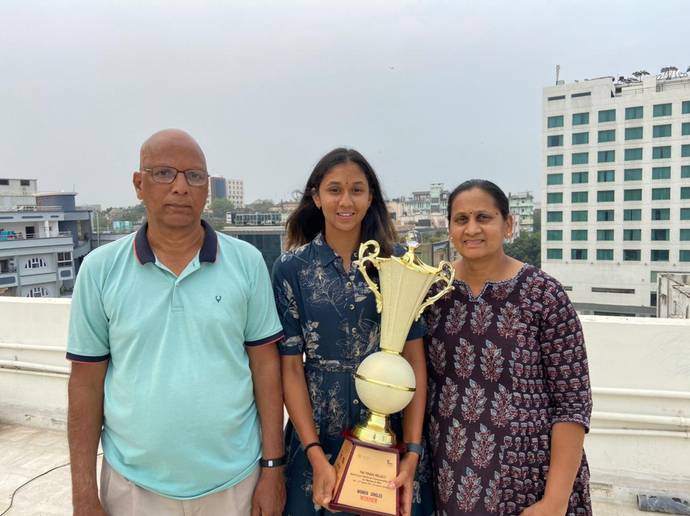

Shrivalli with her parents
“I knew right from the beginning that I was able to do something extraordinary, something not everyone could do. As a junior, I wasn’t much of a performing kid. So, I would constantly put pressure on myself to perform well. And when I didn’t, the losses hit me very hard. Also, the other tennis players my age were performing really well, and I would inadvertently compare myself with them. In almost every tournament, even before the draw was out, I would freak out,” shares the young player.
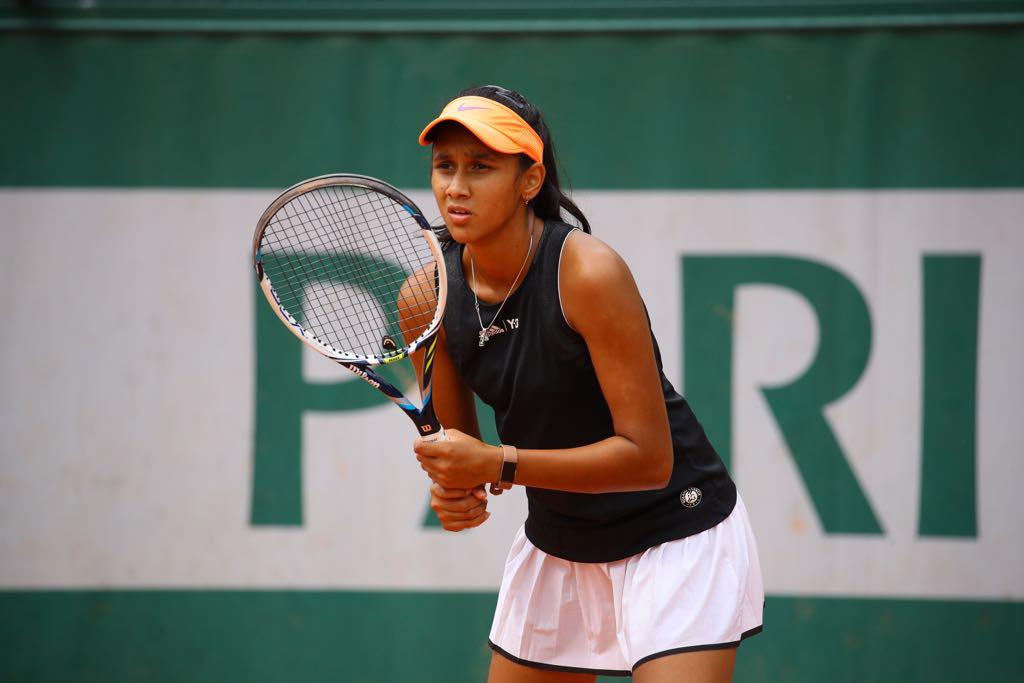

For two years, Shrivalli constantly struggled with self-doubt which affected her game. Explaining how important it is to be mentally strong to win the games, the tennis player adds, “I did go to a psychologist subsequently and that helped me a lot. I started concentrating on my game more than the outcomes. So, as I moved towards my under-18s, my game improved a lot.” Her parents, Shrivalli says, were very supportive through her journey, and never once put pressure on her.
Olympic dreams
One of her biggest victories was defeating Rutuja Bhosale at the ITF $25K Pune R1 – 2021. That instilled a great deal of confidence in her. “I think all players feel nervous before a match. I do too. But I am confident now that I can play against, and defeat, any player,” remarks Shrivalli, who is very inspired by Novak Djokovic.
Shrivalli dreams of representing India at the Olympics and works at her aspirations without compromise. Her day begins at 4.15 am and training continues for between five and six hours a day. And along the way, she hopes to win as many cups as she can for her country. “I will be participating in several upcoming national and international tournament. But a dream come true will be representing India at the Olympics and winning gold for the country,” says the tennis star, who loves cooking or baking in her free time.

